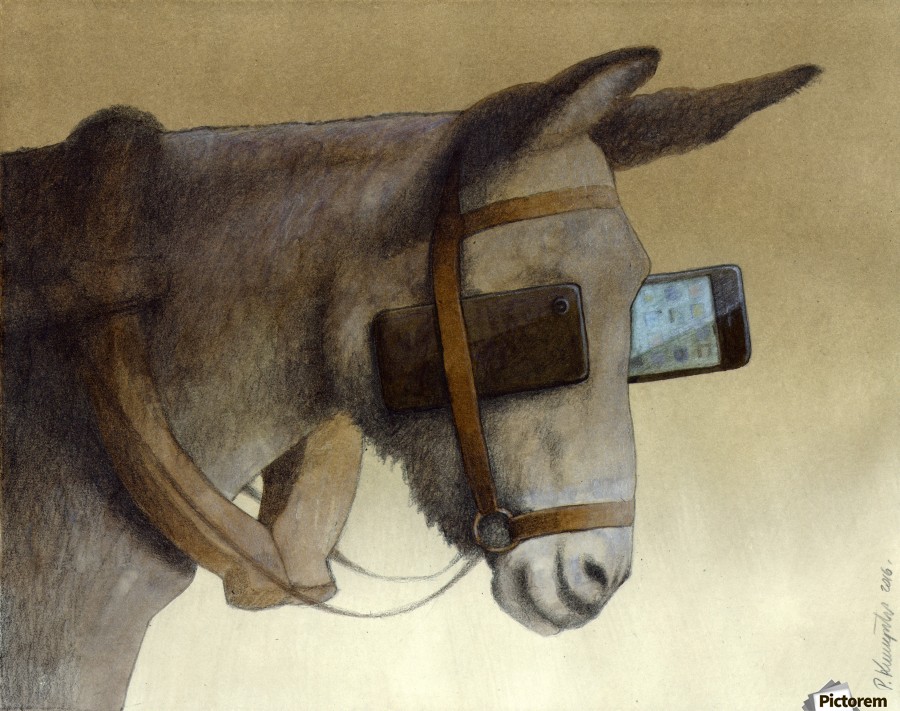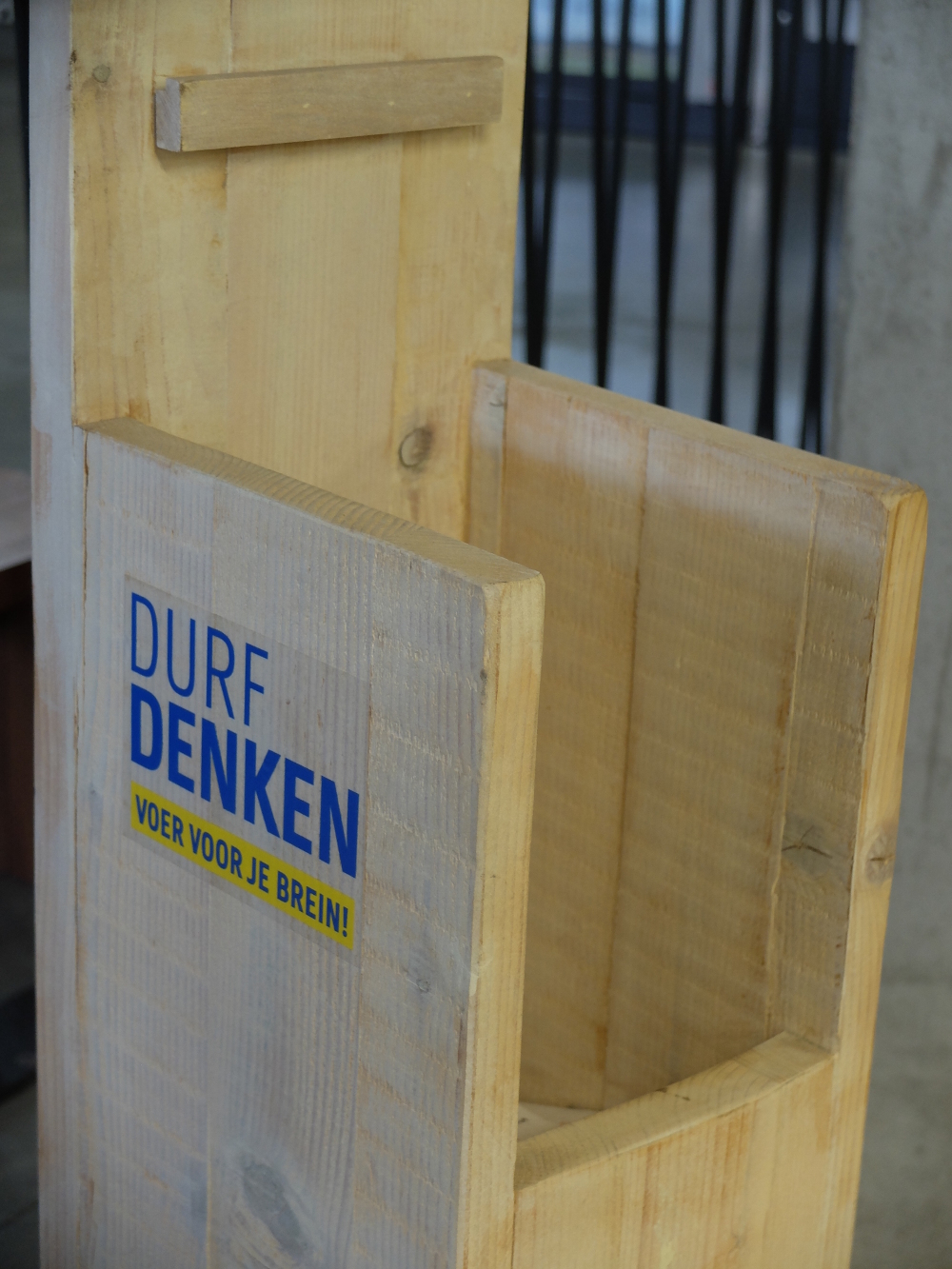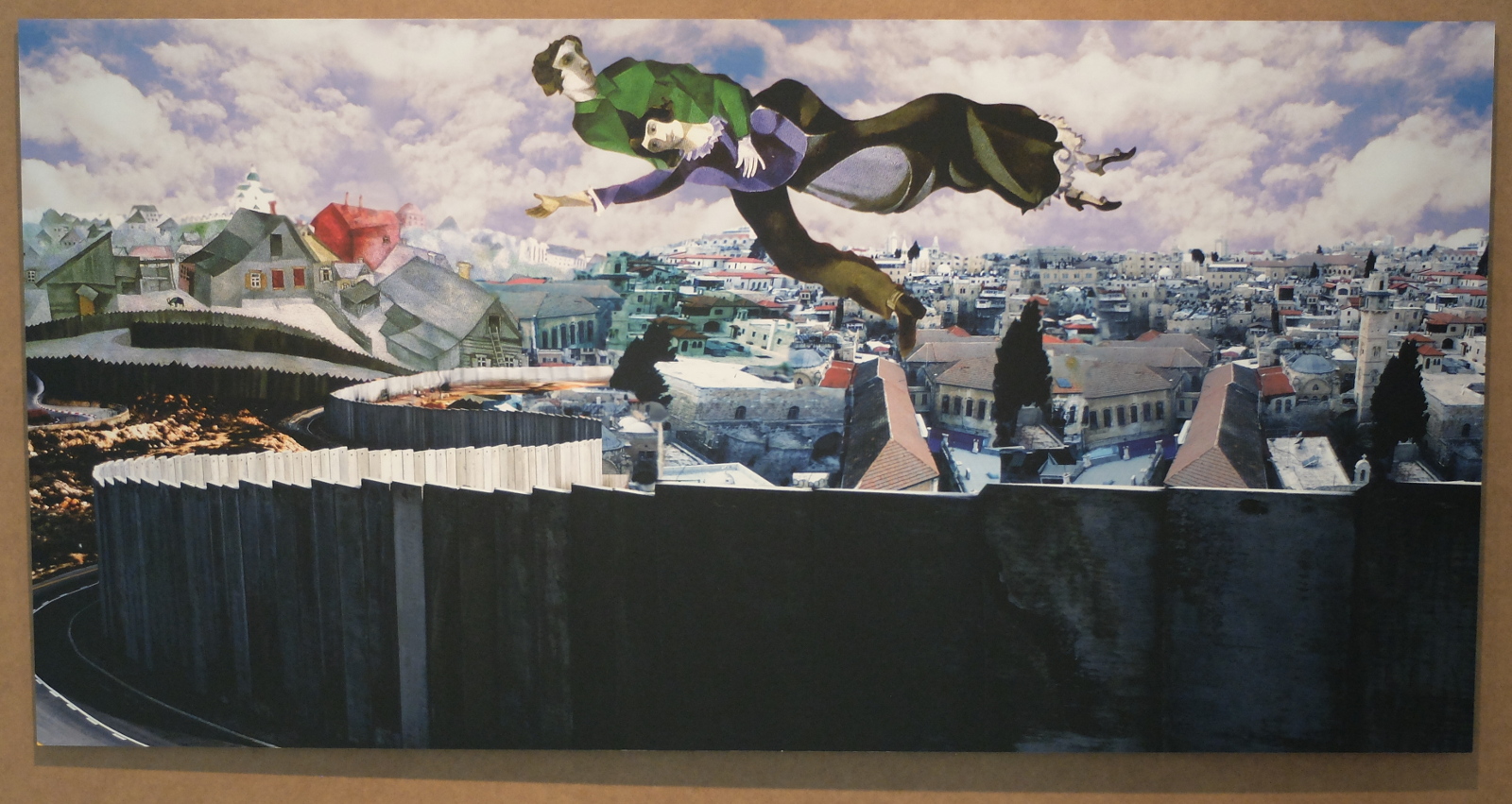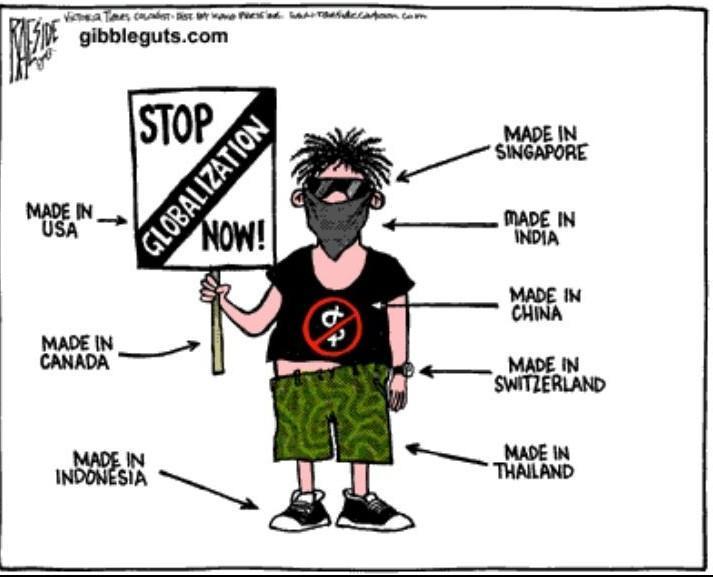
[EN]
“Sechs Jahre sind eine lange Zeit im Gefängnis, aber online ist es eine ganze Ära. Das Schreiben im Internet hatte sich nicht verändert, aber das Lesen – oder zumindest das Gelesenwerden – umso dramatischer. …
Im Jahr 2008, als ich verhaftet wurde, waren Blogs pures Gold und Blogger waren Rockstars. … Man las meine Beträge aufmerksam und die Leser hinterließen viele relevante Kommentare. Selbst diejenigen, die überhaupt nicht meiner Meinung waren, besuchten meine Seite. Andere Blogs verlinkten auf meine Beiträge, um zu diskutieren, was ich schrieb. Ich fühlte mich wie ein König. …
Der Hyperlink war eine Möglichkeit, jegliche Zentralisierung – die Verbindungen, Linien, und Hierarchien – hinter sich zu lassen, und sie durch etwas Dezentrales zu ersetzen: ein System aus Knoten und Netzwerken. Blogs gaben diesem Geist der Dezentralisierung eine Form: Sie waren Fenster zu unbekannten Leben, Brücken, die diese unterschiedlichsten Leben miteinander verbanden und sie dabei veränderten. …
Seit ich aus dem Gefängnis entlassen wurde, ist mir aufgefallen, wie sehr der Hyperlink entwertet wurde, und nun nahezu überflüssig ist.
Jetzt behandelt fast jedes soziale Netzwerk einen Link so wie jedes andere Objekt – wie ein Foto oder ein Stück Text – und nicht als eine Bereicherung. Du wirst aufgefordert, einen einzigen Hyperlink zu teilen und ihn dem quasi-demokratischen Prozess von Likes, Plus und Herzen auszusetzen: Einem Text verschiedene Links hinzuzufügen ist in der Regel nicht erlaubt. Hyperlinks werden objektiviert, isoliert, ihrer Macht beraubt.
Gleichzeitig behandeln diese sozialen Netzwerke diejenigen Texte und Bilder, die direkt in ihnen geteilt werden, mit viel mehr Respekt, als alles, was außerhalb auf anderen Websites liegt. Ein befreundeter Fotograf erklärte mir das anhand seiner Bilder: Alles, was er direkt auf Facebook hochlädt, bekommt viele Likes und taucht somit häufiger in den Newsfeeds anderer Leute auf. Wenn er einen Link postet – zu seinem mittlerweile verstaubten Blog beispielsweise – sind diese Links viel weniger sichtbar und erhalten daher viel weniger Likes. …
Apps wie Instagram sind blind oder beinahe blind. Ihr Blick richtet sich nur nach innen, unwillig, ihre unermessliche Macht an andere zu verteilen, die so einen leisen Tod sterben. Die Konsequenz ist, dass Websites außerhalb sozialer Medien sterben. …
Immer weniger Nutzer besuchen ausgewählte Websites direkt. Stattdessen werden sie von einem endlosen Informationsfluss gefüttert, der für sie aus komplexen – und geheimen – Algorithmen zusammengestellt wurde. Dank des Datenstroms brauchst du nicht mehr so viele Websites zu öffnen. Du benötigst nicht mehr so viele Tabs im Browserfenster. Du brauchst eigentlich nicht mal einen Browser. Du öffnest Twitter oder Facebook auf deinem Smartphone und tauchst tief ein. Der sprichwörtliche Berg ist zu Dir gekommen. Algorithmen haben schon alles für dich ausgewählt. …
Ohne Zweifel gibt es heute weit weniger Vielfalt an Themen und Meinungen im Netz als früher. Neue, andersartige und streitbare Ideen werden in den heutigen sozialen Netzwerken unterdrückt, weil deren Platzierungslogik das Beliebte und Gewohnte belohnt … Aber Vielfalt wird auch auf anderen Wegen und für ganz andere Zwecke reduziert.
Manche davon sind visueller Art. Es stimmt schon, dass alle meine Statusmeldungen auf Facebook und Twitter beinahe wie ein Blog aussehen … Aber ich habe sehr wenig Kontrolle darüber, wie es aussieht; ich kann fast nichts personalisieren. …
Diese Informationszentralisierung ist auch deshalb beunruhigend, weil Dinge leichter verschwinden. … Was … passiert, wenn mein Konto auf Facebook oder Twitter aus irgendeinem Grund geschlossen wird? …
Vielleicht ist es [auch] der Text an sich, der verschwindet. Immerhin haben die ersten Nutzer des Internets einen Großteil ihrer Zeit mit dem Lesen von Webmagazinen verbracht. Dann kamen Blogs, dann Facebook, dann Twitter. Jetzt sind es Facebook-Videos, Instagram und SnapChat, die unsere Aufmerksamkeit beanspruchen. In sozialen Netzwerken findet sich immer weniger Text zum Lesen, dafür umso mehr Videos und Bilder. Beobachten wir den Niedergang des Lesens zugunsten des Sehens und Hörens im Netz? …
Das Netz wurde nicht als Form des Fernsehens konzipiert. Aber ob wir es mögen oder nicht, es ähnelt ihm immer mehr: linear, passiv, programmatisch durchgeplant und selbstbezogen. … Früher war das Internet mächtig und ernsthaft genug, um mich ins Gefängnis zu bringen. Heute ist es nur wenig mehr als Unterhaltung. …”
aus: Hossein Derakhshan: Das Internet, das wir bewahren müssen. ZEIT Online, 22. Juli 2015
Abb.: Pawel Kuczynski: Blinkers, pictorem, im Internet.
07/15





